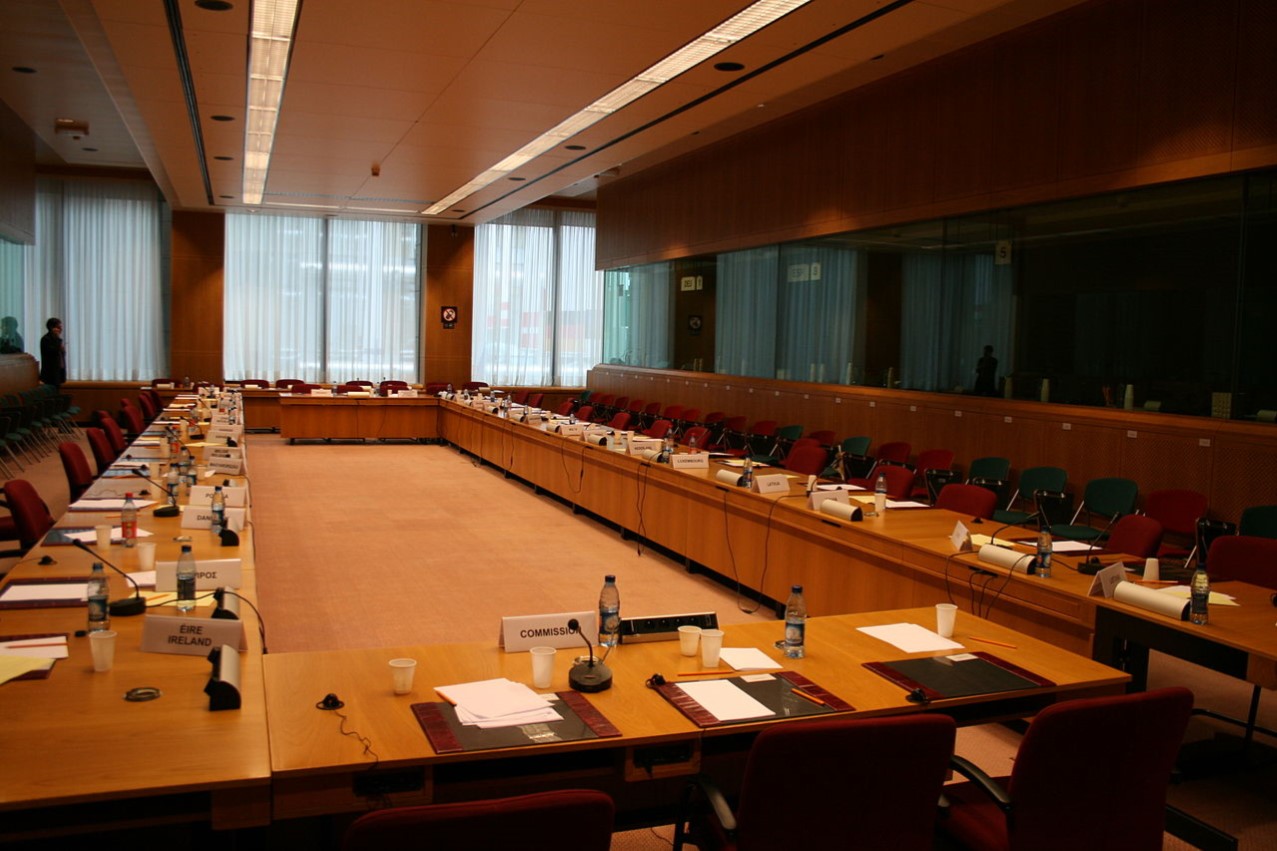The End of the Culture of Vulgarity – Part I
The culture of vulgarity ruling society today is advanced by multiple factors ranging from economics to social media to appetite indulgence. With the internet, it’s safe to say appetites are indulged without consequence of censorship. And if we approach the internet void of reason and denying an internal moral compass, the unlimited supply of vulgarity available could cause damage to relationships, the break-up of marriages, and the perpetuation of the meaningless and rudderless society we are witnessing.
One college professor at a prestigious liberal university is so concerned with society’s moral decline that he asks his students a pivotal question: “Do we as human beings still have souls?” Often he receives blank stares and an ineffable response.
The internet and pornography are a perfect storm of unbridled accessibility and degradation through which the indecent has become commonplace. In this perfect storm, the most degenerative impulses in the culture are celebrated and exalted, ugliness is presented as beautiful, and the coarse and unrefined are preached as gospel. Is there any doubt why this esteemed professor asks the “soul” question in his classroom.
Parents can no longer trust television commercials to be appropriate for their children with ads for reality shows displaying bleeped coarse language, decadent flaunting of possessions, and crude violence of women against women. Vulgarity is commercialized and its classless promoters are laughing all the way to the bank. Meanwhile, we are risking our souls and losing our way. We need more Grace.
Grace is a beautiful word, but what does it mean? In the spiritual sense, Grace is the freely given, unmerited favor and love of God. He will saturate us with His Grace if only we choose it. In the day-to-day context, Grace means simple human kindness emanating from loving hearts: courteous goodwill, tastefulness, polite mannerisms, refinement, consideration for others, elegance in decorum and demeanor, polish, tact, decency, morality, reason, finesse, and dignity—among other such meaningful words. I contend we are where we are in society because we no longer give Grace to each other nor recognize it within.
How do we return to Grace? We can start by looking inside ourselves. Are we casually profane such that we pepper our language with routine swearing? Do we idolize the vapid fame-seekers out there and take on some of their graceless behaviors in our dress, speech, and values? Do we know our own values? Do we convey our values to others, especially children and younger people? Do we respectfully stand for what we believe in? Do we boycott with our very presence movies, music, and entertainment laced with vulgarity? Do we bypass books, websites, and written words so uncreative and unimaginative that vulgarity is presented as de rigueur? Are we our own best example of ending the culture of vulgarity? It’s easy just to flow with the crowd. I remind myself everyday that I need to be purposeful about Grace.
If we choose Grace, our mindful example will influence countless others trapped in an unconscious bubble of meaninglessness. Grace can show up moment-by-moment by viewing our fellow humans as sacred souls to be cherished, by stripping our vocabularies of the inelegant use of vulgarities, in looking at and up instead of down into our cell phones, and in presenting ourselves in a timelessly classy manner. Grace can fill our moments and also our days as we put our hearts and souls into each purposefully graceful moment we live.
My next blog post will provide vivid examples of grace and gracelessness in action. Please look for it soon. Grace is distinctive in today’s world of mindless cyber-age behaviors. Be distinctive. Choose Grace.





What People Are Saying